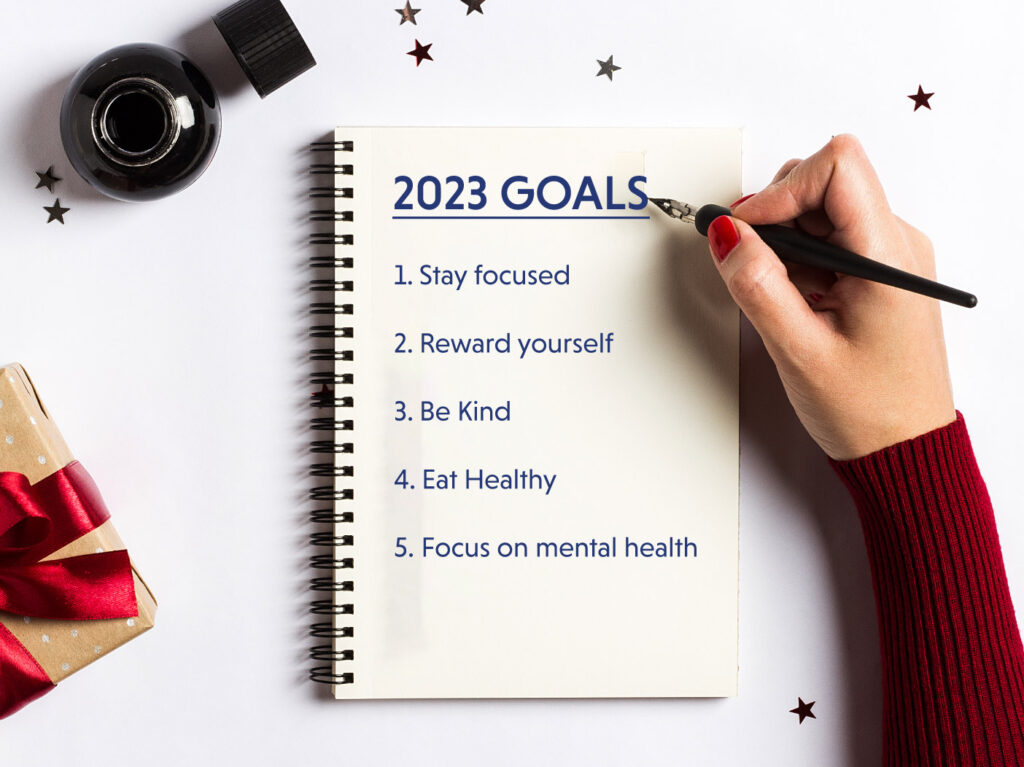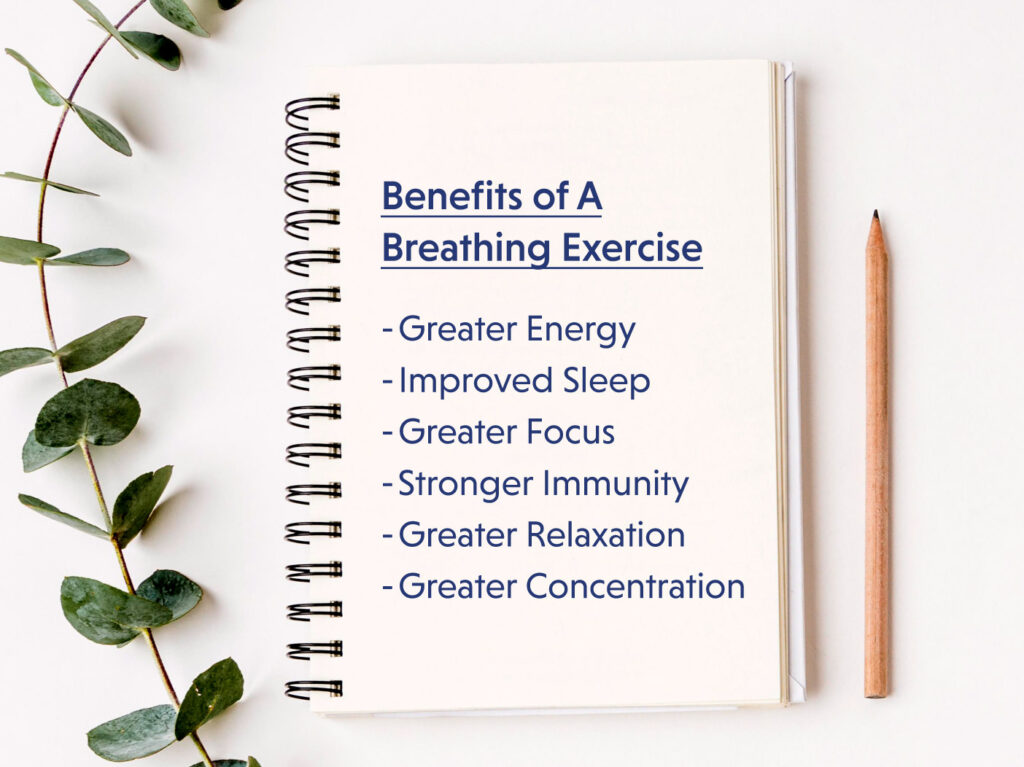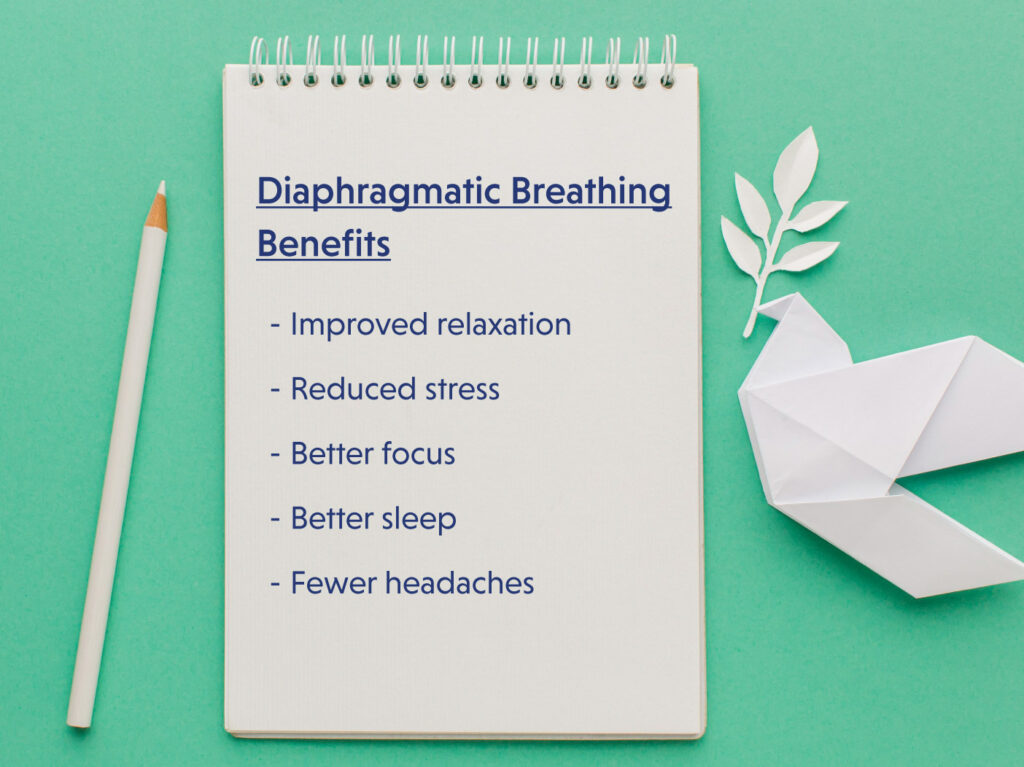When the new year rolls around, many of us are eager to make a fresh start and set new goals for ourselves. Every year there is a rush to change a life by changing lifestyle. After all, everyone wants to become a better version of themselves. But before you know it, you’ll return to work after the holidays. This is when it can be tough to think about what you want to change in your life. At work, it can be easy to become lethargic and fail to achieve good new year’s resolutions. This is why good new year’s resolutions are a great way to kick-start positive habits in your everyday life. By setting strong resolutions, you’re making the conscious decision to prioritize self-improvement over temporary indulgences or trivialities. It signals that this is something you want to work on in the new year. So if you want some advice on how not to give up once you get going, follow and download Joyscore for a few helpful tips.
Make sure your resolution is realistic.
There’s nothing worse than setting yourself a lofty goal only to realize that you have no hope of achieving it. How are you possibly supposed to improve something you have no control over? Setting a too-lofty resolution will likely lead to disappointment, frustration, and a heightened sense of failure. This will likely only serve as a setback in your journey toward self-improvement. To effectively achieve your goals, we need to plan the process realistically. A great way to ensure that your resolution is realistic is to start small. Set your goal low—so that you can easily see it and achieve it—and then work your way up from there. In the Pomodoro method, 20% of all tasks affect 80% of all outputs in your life, so prioritizing tasks can help lessen the conflict. Identify the areas you need some modification in your life that are the most important and set targets or goals for better results.
Set a deadline for when you’ll complete your resolution
It can be incredibly frustrating when you’ve been at it with your resolution for a while, trying to make progress, and then realize that you’ve been wasting your time. To avoid this is to set a deadline for when you’ll complete your resolution. You can do it in stages, and you can complete it by the time you reach your birthday of someone. Make sure you have a deadline in mind to see yourself achieving. If you’re trying to quit smoking, your deadline might be that you want to stop smoking altogether by the end of July. That way, every free hour you find yourself with has the potential to be used towards your goal.
Don’t skip meals or exercise right away.

You might be eager to make a fresh start with good new year’s resolutions, but it can be frustrating to start slow. If that’s the case, you should start with something easier to implement. For example, if you’re trying to make eating healthier a part of your resolution, try to cut out all refined sugar at once. Instead, start with something a little easier to see yourself achieving it. You could start by swapping a serving of sugary cereals for a cereal bowl with whole grains. Or, instead of eating a piece of cake to celebrate your birthday, try having a slice of fruit. These are easier to see yourself doing but still have the potential to build momentum.
Take stock of your habits and identify the things that need improvement.
It’s essential to take stock of where you currently stand with your habits and identify the things that need improvement. This can be as simple as mapping out the things you want to work on and thinking about how you want to improve. This can be especially useful when identifying what new habits you want to develop. For example, you should identify which habits you want to improve.
How to get a new habit:

Start with small changes you can see yourself keeping. To make a difference, you must put in the work. This means that you have to make some significant adjustments in your daily routine and be prepared to be patient with yourself as you do so. You might have to invest a little time in planning each day and choosing what you want to do. This is why many successful people recommend starting with small changes you can see yourself keeping. These are the changes that you’ll be able to see yourself keeping. This will help you avoid the common mistake of setting yourself impossibly high goals that you won’t be able to achieve.
How to get a new habit
Identify why you want to change and think about how you can benefit from it in the long term. If you don’t have a good reason for why you want to change something about yourself, then you might not be as motivated to make real progress. Consider what benefits you might gain by improving a particular habit. The better you understand why you want to change something, the more likely you will succeed.
Conclusion
Good new year’s resolutions can be a great way to kick-start positive habits in your everyday life. While they can be challenging when you’re trying to make significant changes in your life, they can also be a great way to reset yourself while still being in a new place. If you want to make the New Year better than before, you need to make some changes. And good new year’s resolutions are a great way to do so. However, they only work if you’re serious about making changes. You have to be clear about your goals and why you want to change them.
Download the JOYSCORE APP to enjoy the beauty of your lives to its fullest.
Download on the Appstore
Get it on Google Play






